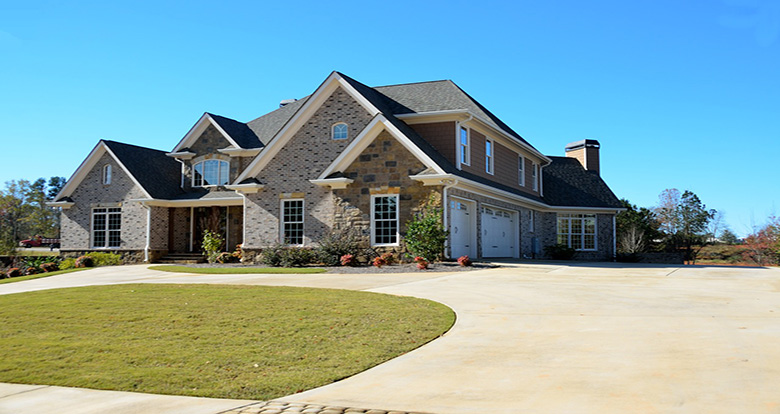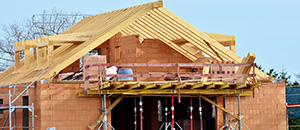residential lending
Although we say Residential, we mean NON-OWNER or INVESTMENT Residential properties are what we work with, NOT Owner occupied. We have programs for Purchase, Refinance or Refinance with cash out only or Purchase/Rehab financing.
Many properties every year are forced into foreclosure and bankruptcy protection. Many times these situations are caused byextenuating circumstances beyond the control of the property or property owner. We offer short term hard money loans for those in this situation to give time to stabilize the property and transition back into permanent financing.

private money
Individuals, Partnerships, Corporations, LLCs, Estates Trusts, etc. Multiple borrowers or multiple entities can be combined in a single transaction. Non-FICO driven. Decisions are base on the quality of the collateral.
With the lack of conventional lending products available to real estate investors, most investors turn to hard money financing as a bridge loan between the acquisition of a property and the permanent financing. Of course, hard money is not cheap, but typically is well worth the money for the purpose it serves. Typically, hard money lenders charge up to 5 points and up to 15% interest but not all. You can find those who charge less, like us but it also depends on the type of deal and project.
*Not All Programs are listed
One of the biggest advantages of hard money is the ability to borrow funds for renovation expenses. Most investment properties have some equity potential, but the average home buyer is often discouraged by the less-than-attractive condition of the property. As investors we create margin by having the ability to find, acquire and renovate these properties. The ability to finance the purchase and repairs is key to this equation, and hard money is one tool that allows us to do just that.
In todays market, an investor obtaining a conventional loan would expect to pay 20-25% down just to acquire the property, and then come up with out of pocket cash to complete renovations. As an alternative, an investor may be able to use hard money financing for the purchase and repairs, while having to place only 10% down on the total cost.
Once the property is acquired and renovated using hard money, the investor can then employ a conventional lender for the permanent financing. Since the renovations presumably have increased the value of the property, the refinancing lender can use the new appraised value in determining the investors maximum allowable loan amount.
Typically, a conventional lender will allow financing up to 75% of this appraised value. Best case, the appraisal will be high enough so that the investor can refinance the balance of the hard money loan as well as closing costs without any additional money out of pocket.
